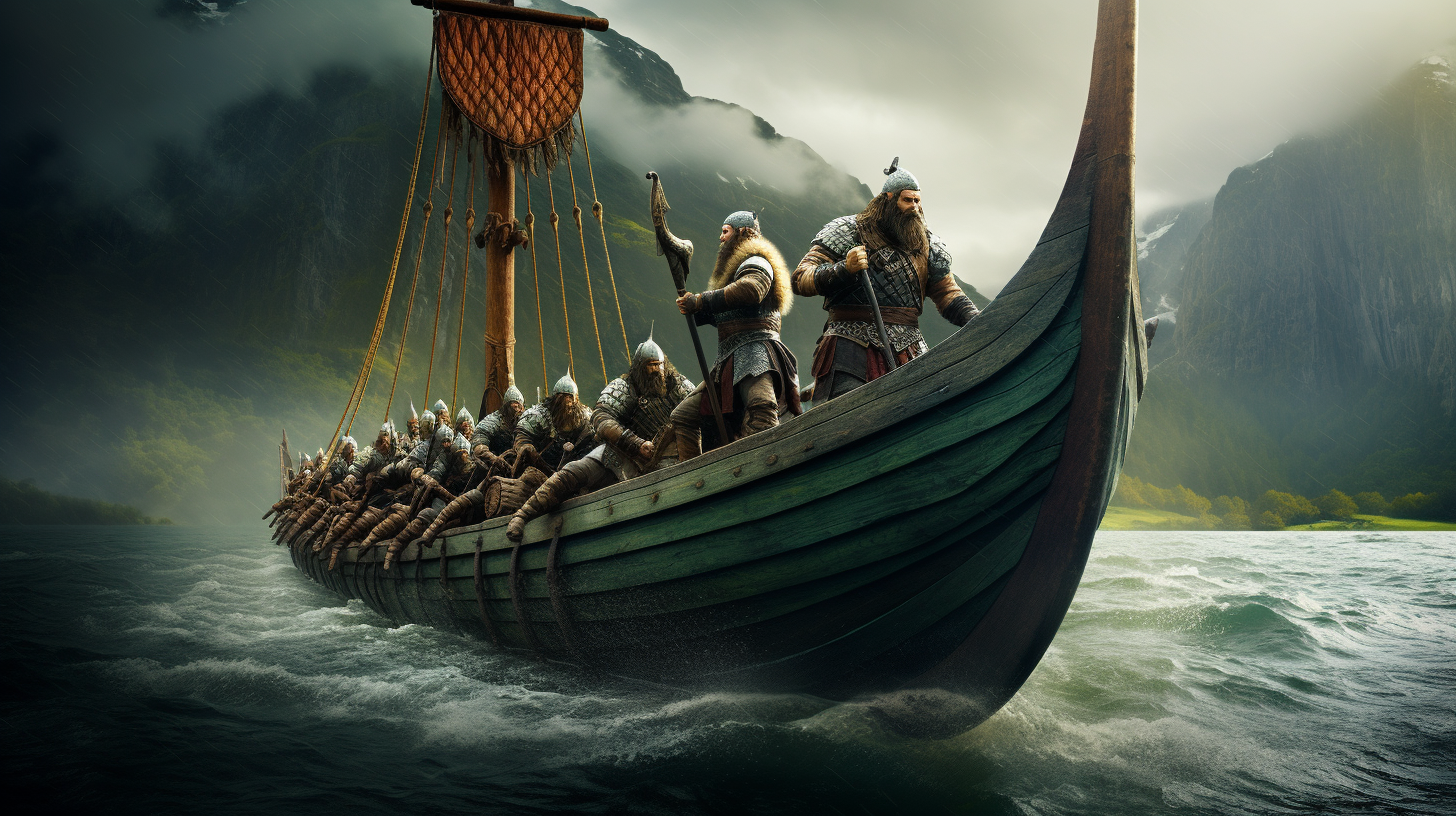Imagine what your life would have been like if you were born in 1880. How much would your life have changed? Candles and gaslight were expensive, so you grew up in the dark. You weren’t born into a house with running water. By 1920, chances are good you had enough electricity to run an electric light so you could at least read for a few hours. You probably bought a radio around 1922. The radio would have changed a lot of things because you didn’t need to go a physical theatre and suffer those indignities. Imagine how great life would have been by 1924. You could go to a physical theatre and take in a few newsreels and a silent[…]
Category: Culture
This post offers some value in exchange for your attention. I’ll open up with an observation about attention payments and platforms. I’ll expand on the relationship between platforms, the state, and citizens. I’ll dive into recent changes in attention markets, talk about motives, expand on how I’m thinking about choices, and conclude with a practical rule of thumb that could be useful. Oh you’ll pay. You’ll all pay. You pay attention. You pay for attention with your time. Sometimes you’ll pay money and then pay attention — like when you go to the movies or the theatre. If you run a business, you may even pay for the attention of others in cold hard money to an attention distributer who[…]
Feedback is how we make sense of environments, and a key input into what we classify as relevant or not [1]. So what happens when the environment doesn’t respond? It would probably have all sorts of absolutely strange, wild, incredible effects, wouldn’t it? For Example If after pitching a Venture Capitalist (VC), they don’t reach out the next day, then it’s a no for right now. It’s a pass. It doesn’t necessarily mean no forever. It could. It might. You don’t know. But it’s a no for right now. The silence is the feedback. The absence of signal is the signal. Why is it that way? Many VC’s exhibit behaviour that is consistent with rational calculations. (That doesn’t mean they’re[…]
The activity of perspective coordination is unreasonably effective at producing fantastic outcomes. In addition to creating legitimacy, it can offer a wider array of choices from which to select. The more diverse and courageous the set of people engaged, the wider array of choices. There’s a processing cost though. So, I’d like to believe that recent advancements in the processing power underlining artificial decision making can assist in helping people coordinate their perspectives faster and more completely. There’s a kind of brutal paradox embedded in all of this. It’ll take a bit of unpacking. Back in 2020, in The Humanity of Productive Meetings, I used an objective-based segmentation to explain the frustration each felt when experiencing ORID facilitation. Briefly: some[…]
How often are you asked to suspend disbelief as the price of admission? When should you? There are quite a few such contexts. Satire is my favourite. Plays are a close second. When you attend a play, you suspend disbelief for awhile. You know that the actors up on stage are engaging in a deception. They’re acting like something they’re not. And, for the enjoyment of all those around you, you keep your mouth shut about what’s happening up on stage. It isn’t a dialogue. It’s a one way broadcast. The same goes for sports entertainment: a brilliant category positioning statement if there ever was one. You know that the Macho Man Randy Savage isn’t literally the Macho Man Randy[…]
Graeber & Wengrow (2021) seemed to argue that much of European liberal political philosophy came from North America. The more I look at Locke (1690), the more I’m convinced. It’s on this foundation that I’ll build the first version of an argument for coordinated autonomy. There are a number contemporary tensions we’re experiencing in early 2024. At this time, it’s far from certain if Democracy is going to survive. There’s a lot of mistrust and dissatisfaction with the way systems aggregate and select choices, and how gains are allocated. Yet, the way that institutions that work in places without working democracies appears to drive an optimism in democratic technology as alternative. If you’re growing up in a broken state, you[…]
I’m with John Boyd on this one: the closer to you look at something, the more distinctive the contradictions you’re going to see, all the way down as far as you can squint. In this post, I’ll look at the distinction between honesty, error, deception, and fraud – and will conclude with a heuristic. We don’t experience ground truth. We experience something as a result of data that flows into our skull that is constructed into something approximating an experience. But we don’t ever truly experience a state of ground truth. And this isn’t meant to be some kind of satire about who’s to say what is really true and what is really untrue given how one feels about the[…]
Perspective coordination can be a need, skill, solution, or a problem. Dawson (2020) defined perspective coordination as: “…a dynamic set of skills that supports human interactions by fostering mutual respect, nurturing creativity, expanding our minds, generating and developing ideas, leveraging conflict, and supporting healthy relationships. Robust collaborative capacity skills are a prerequisite for the development of perspective coordination skills, but you will also find that practices for building perspective coordination skills build collaborative capacity skills. Wheels within wheels.” Dawson, Theo (2020) “VUCA unpacked (3)—Perspective coordination” https://theo-dawson.medium.com/vuca-unpacked-3-perspective-coordination-13e722981ce6 Retrieved 1 Jan 2024 And Dawson provided a helpful concept map: Why might perspective coordination might be a need? It’s because you need people. If you had total independence, total freedom from dependents and their dependencies,[…]
Cultural industries are an ideas business. They sell ideas. The Canadian cultural industry, since just around Confederation, sells the idea of Canada. Is Canada a good idea? Does anybody want to buy it? Is there a market for it? What is? All businesses rely on networks of channels. There’s power in networks. There’s power in distribution networks. The Canadian state, since its inception, invested in networks. There were promises of network connectivity built right into Constitution. It had to then. It has to continue to do so now. There’s just too much physical geography to ignore. And not a lot of that geography it is helpful to the social geography of the country. Look at the place: The rockies run[…]
There’s a tension between the desire of some politicians to protect the population from harm, the desire of some in the population to be free from regulation, and the desire by some to have the freedom to harm. The idea of protection as a good is interesting because it has a lot in common with a risk pool. I reckon that protection is virtual good because protection is an idea. There’s this idea that the state provides protection from threats. Most threats, not all, are imagined, aren’t they? The state organizes protection from external forces: against intruders, looters, raiders, hordes, and parasites that pose threats to agriculture and aquaculture. The state organizes protection from internal threats: against murderers, organized crime,[…]










